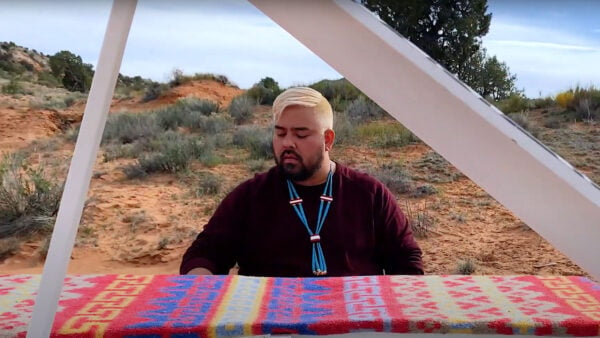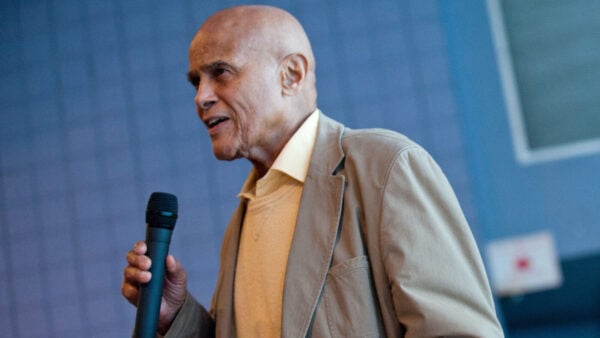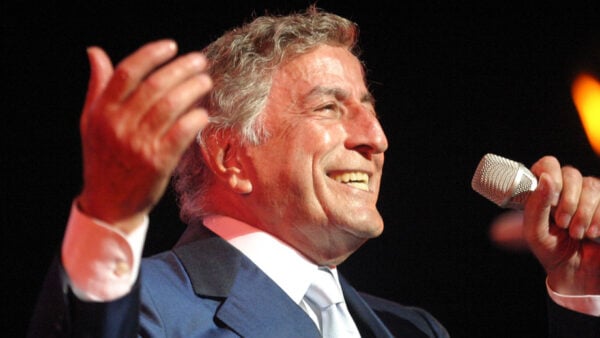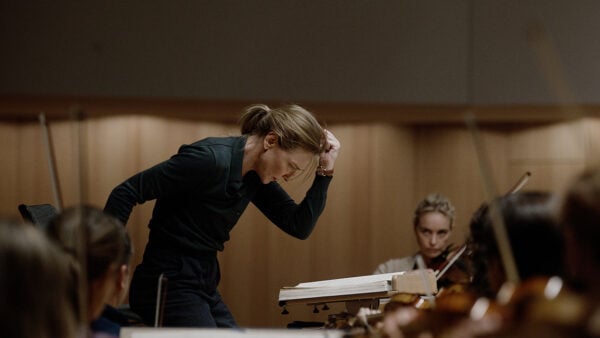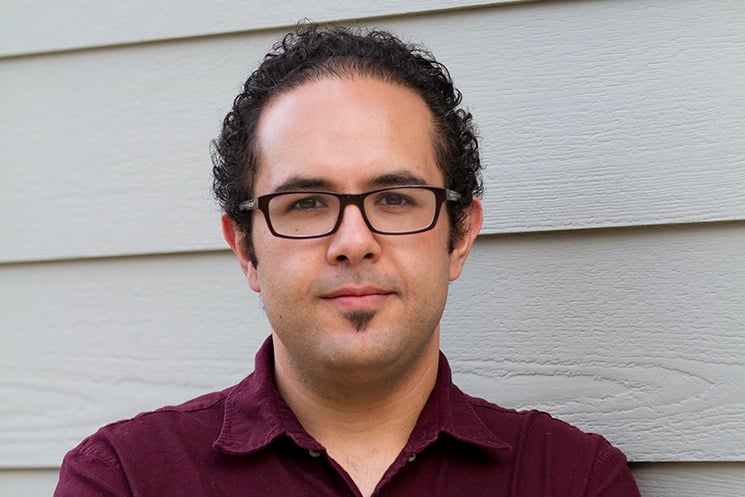
Composer Badie Khaleghian helped establish a four-year music program through the Bahá’í Institute for Higher Education in his native Iran
Growing up in Kerman, Iran, composer Badie Khaleghian received his first music lessons from his father. “When I was six or seven years old, he taught me how to play the recorder, then violin, and later piano.” As a young adult, Khaleghian wanted desperately to study music at the university level. “But because of my religion, I was not allowed to go to any public universities in Iran.”
Though the Bahá’í Faith is Iran’s second-largest religion after Islam, the Constitution of the Islamic Republic of Iran officially recognizes only four religions: Islam, Christianity, Judaism and Zoroastrianism. The Bahá’í community has faced persecution in Iran since the 19th century, when Bahá’u’lláh founded the Bahá’í Faith.
In the years following the 1979 Islamic Revolution, the persecution of Bahá’ís in Iran has only intensified. In recent decades, hundreds of Bahá’ís have been killed, while hundreds more have been tortured or imprisoned. Since 2005 alone, 935 Bahá’ís have been arrested. In late 2016, at least 81 Bahá’ís were arrested, including Khaleghian’s father.
The arrest occurred December 20, 2016, two days after Khaleghian received a commission to compose a new work for a concert in Chicago, Celebrating Resilience: Music by Iranian Bahá’ís, to be presented by Crossing Borders Music on April 2, 2017. “We couldn’t have any contact with him for about 50 days,” Khaleghian said. “It was hard for my whole family, especially my mom.”
While the duo for strings that Khaleghian composed for this commission was not directly inspired by recent events his family has experienced, in some ways, all of his music is a celebration of resilience.
In order to become competitive as a musician and composer in a country where he was denied the right to higher education, Khaleghian had to create a four-year music program under the auspices of the Bahá’í Institute for Higher Education (BIHE).
Even though more than 90 universities in North America, Europe, Asia, and Australia have accepted BIHE students into graduate programs, Khaleghian said, “It’s not a real university.” BIHE is an “open” university that offers a combination of in-person and online instruction through an underground network.
“Students come from all across Iran and gather in Tehran two times per month for four or five days. We have all of our classes – usually three or four – during those days,” Khaleghian explained. “Some students return to their cities if they can’t stay between classes. There are some professors who teach in student houses. Sometimes, other Bahá’ís will provide us with space, say, in their homes, to conduct classes.”
While BIHE now offers 38 degree programs, when Khaleghian first enrolled, there was no infrastructure in place to provide students with the equivalent of a four-year, college-level music degree that other universities offer. “We just had a two-year program. Some friends and I really wanted to have a four-year program, so we looked at other universities around the world to determine what kind of courses they had in their bachelor’s programs. Then we tried to find professors from around the world to teach online classes.”
But first, Khaleghian and his colleagues needed to solve a more fundamental issue: where would they meet? During Khaleghian’s first year as a BIHE student, he felt lucky because, “there was one family in Tehran that had a piano and allowed us to use their space. We were so happy to finally have a piano. There were about 15 students in my year. We had about eight or nine different classes. We didn’t have any teacher with even a bachelor’s degree – we mostly taught each other.”
In his second year, however, “we lost our space because the Iranian government shut things down. Each week we had to find a new space for our classes. Sometimes we met in parking lots, sometimes we met in student apartments. But we learned a lot in these situations.”
“Soon, we had a bachelor’s program. We started the program and we were the first students, too,” Khaleghian said. “In my junior year, I went to a Russian teacher (he wasn’t Bahá’í) for music theory. I had individual lessons with him, and after six months I was able to teach aural skills to lower level students.”
Khaleghian said he was motivated to stay resilient even during difficult moments because, “I compared myself to my non- Bahá’í friends studying in Iran at public universities. They had pianos in their classrooms, performance spaces – we didn’t have anything. We didn’t have any money. Everything was coming from the students. But we were better in lots of ways because we actually needed to learn.”
“We spent lots of time together analyzing scores, talking about music, playing for each other, and just doing anything we could to learn,” he said. “Of course we knew that our degrees would not be recognized in our own country. We knew that the only thing we were gaining was knowledge. But still we learned as much as we could.” Hear one of his recent compositions below.
As a current student at the University of Georgia, Khaleghian says one of his next compositions will be to honor his father and grandfather. “I never met my grandfather, but we have lots of his paintings in our house, and he was the one who introduced music in our family. He played mandolin and taught my father and uncle.”
When he was a child, Khaleghian and his father set some of his grandfather’s poetry to music. “I wrote a melody, then we tried to figure out chords. He played mandolin and sang while my sister played piano and I played violin.”
“I finished my piece for Celebrating Resilience on March 1. A few days later, I was able to talk to my father for the first time,” since he was imprisoned months earlier. “I told him what was happening, and he really liked the idea of a new piece with musical quotations from some of these tunes we played when I was a kid.”

